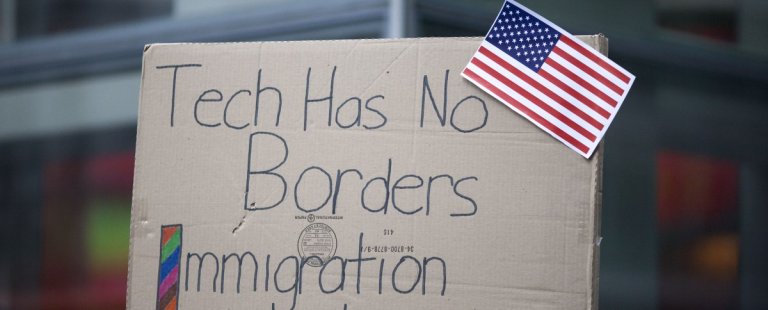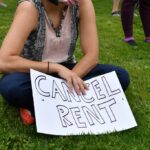
Lawyers are expecting thousands of international STEM graduates from US universities to be affected by an unannounced change made to the Optional Practical Training (OPT) program.
Employment at third-party client sites is no longer allowed under the new interpretation of the regulations, which appeared on US Citizenship and Immigration Services’ (USCIS) website in January.
In an emailed statement, USCIS Deputy Chief for Media Relations R Carter Langston told Bloomberg Law the training plan form (Form I-983) which must be completed by the student and employer, must now state that the employer “be the same entity who employs the student and provides the practical training experience.”
“This oversight requirement better ensures the educational benefit, integrity, and security of the STEM OPT extension,” Langston wrote.
Third-party placements undermine the program, “especially since there is increased difficulty in complying with the training plan requirements and an increased potential for visa fraud,” Langston said.
This could make it harder for STEM grads from outside U.S. to get #H1B visas. The latest from @lauradfrancis: Foreign Student Training Program Rules Quietly Tightened https://t.co/0u5J6qUZU1
— Terence Hyland (@TerenceHyland) April 26, 2018
With this new interpretation, international STEM graduates will now be restricted to working at their employer’s headquarters only. Staffing companies will be the most hard hit from this as more of its workforce is based at client sites.
Speaking to Bloomberg Law, immigration attorney Stepanova of the Murthy Law Firm in Owings Mills, Maryland said this big change will impact “thousand and thousands of people”.
International students on F-1 study visas are allowed to work during or after graduation in the US for 12 months under the OPT program. Those with STEM degrees from Student and Exchange Visitor Program (SEVP)-certified and accredited US colleges and universities are eligible for a further 24-month OPT extension.
The Bloomberg report came two weeks before the Pew Research Center published its analysis which found that approvals for international graduates from US colleges and universities to work in the US via the OPT program has quadrupled in size since 2008.
With 1.5 million international students allowed to stay and work in the US, the OPT is now larger than the controversial H-1B visa program which allows American employers to hire foreigners in specialty occupations, the Los Angeles Times reported.
Making it difficult to get the H-1B visa
The OPT program is typically used as an interim measure in an international student’s overall process of getting to H1B visa status.
But the lack of announcement by USCIS means many OPT enrollees in staffing companies (and thus, working in client sites) could now be breaking the rules without their knowledge.
OPT approvals outpaced initial H-1B visa approvals in recent years https://t.co/DtMDGkhOEw pic.twitter.com/oGm9bEVAwS
— Pew Research Global (@pewglobal) May 13, 2018
Attorneys believe this violation might be used against these workers when they later apply for the H-1B visa program. It could be taken as a violation of the terms of his or her student visa when USCIS makes its checks on an OPT enrollee who later apply to change their F-1 student visa status to H-1B skilled guestworker.
“I think what USCIS is laying the ground for is their ability to deny changes of status for all of those workers who are transitioning to H-1B,” Stepanova said.
According to William Stock of Klasko Immigration Law Partners in Philadelphia, the US government “could certainly try” to deny a change of status, saying “‘We don’t think your OPT was valid.’”
Stock said it would be hard for the student to challenge that determination as the law makes a change of status decision discretionary. Instead of just converting their status from F-1 to H-1B from within the US, the affected student caught offguard may have to leave the US and apply at a State Department consulate.
Emily Neumann of Reddy & Neumann in Houston said this may add “extra months” to the affected student’s application, and add extra background checks and delays.
Liked this? Then you’ll love these…
US: Optional Practical Training (OPT) approvals up by 400pc since 2008







